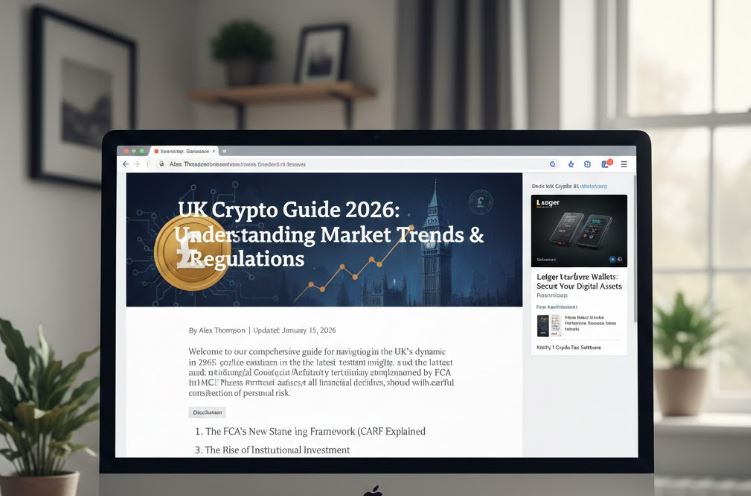The Pandora Papers moved the world of world finances as they exposed the complex net of offshore wealth, shadow companies and underground financial transactions of influential people. This giant leak did not only expose the financial secrecy but also initiated a significant change in Anti-Money Laundering (AML) and Know Your Customer (KYC) compliance requirements.
Learning about the Pandora Papers
The Pandora Papers were leaked by the International Consortium of Investigative Journalists (ICIJ) in October 2021. They were one of the biggest offshore leakages in history- they contained more than 11.9 million documents of offshore service providers.
The files revealed the way politicians, billionaires, and government officials in every corner of the world secreted money through shell companies and offshore trusts to keep their wealth concealed and evade taxes as well as in some cases launder their illegal money. Some of the information that was published included the International Leaks Database, which showed the extent to which financial secrecy had been ingrained into the international economy.
The connection between the Pandora Papers and Financial Compliance
The Pandora Papers did not only unveil individuals but it also pointed to the structural weaknesses of the world AML and KYC systems. The realization by financial institutions, regulators and compliance officers was that the current customer due diligence practices were not enough to distinguish beneficial ownership and high-risk customers.
Prior to the leakage, most organizations used restricted PEP screening and superficial screening. Nevertheless, the Pandora Papers indicated that politically exposed persons (PEPs), high-net-worth clients, and offshore entities were free to transfer the money across borders without due diligence.
Eyepenny Opiners That Redefined Compliance Expectations
The offshore spills highlighted a number of compliance loopholes such as:
1. Absence of Transparency in Beneficial Ownership
The nominees or secret jurisdictions registered many shell companies such that it was almost impossible to trace real owners. The regulators reacted to this by advocating Ultimate Beneficial Ownership (UBO) registries to increase financial transparency.
2. Ineffective PEP Screening Processes
The Pandora Papers unveiled the fact that PEP checks were either obsolete or applied in a haphazard manner. Money institutions have been encouraged to perform more due diligence (EDD) on people of high risk and match their names with offshore leaks databases and sanction lists.
3. Incongruent International Standards
The leaks also revealed that the differences in the laws on AML and KYC in different countries established loopholes, which criminals could use. This has encouraged a push across the world towards harmonized standards of compliance in accordance with the recommendations of Financial Action Task Force (FATF).
The Pandeias of the Pandora Strengthening of the AML Practices
The Pandora Papers leaks hastened the development of AML regulations in a number of important aspects:
1. Morepowerful Due Diligence Requirements
They have intensified customer identity and source of funds verification by regulators. The institutions are supposed to go further than simple onboarding checks by evaluating cross-border transactions, business relationships and previous ownership patterns.
2. International Leaks Database will be integrated
There are also numerous compliance platforms currently incorporating the data of the International Leaks Database, enabling companies to match a customer against offshore records, leaked company registries, and other publicized sources of data.
3. Pay attention to Constant Surveillance
Dynamism is no longer sufficient. The Pandora Papers highlighted the need to continuously monitor to fight suspicious operations in real-time. AML software solutions are now automated, with behavioral analytics, and risk scoring in real time.
4. Global Reporting through Collaboration
The governments of the U.S., EU, and Asia have begun to exchange information via international agreements. The international partnership will help to track down and punish those individuals or companies with offshore organization that deal with money laundering or tax evasion.
Implication on KYC Compliance Standards
The Pandora Papers was a game changer in the KYC compliance area as it made financial institutions shift towards more transparent and technology-focused entities.
1. Improved Customer Identification
The KYC procedures have shifted to focus on beneficial owners and not only the front face account holders. The financial institutions should check the complicated ownership chains to eliminate the disguised association with the offshore companies.
2. Acquisition of PEP Check Systems
Since there are many public figures in the leakage, PEP check integration is now an indispensable component of the KYC process. Screening systems are now intertwining watchlist information, offshore leaks and media sources in order to determine the potential risks.
3. Technology-Driven Verification
Identity verification applications powered by AI, blockchain registries, and data analytics solutions are becoming increasingly popular in order to identify anomalies and reinforce the international regulations.
International Response to Regulation
On the aftermath of the Pandora Papers, a number of states declared policy changes and inquiries:
European Union: Under AMLD6, it has come up with new rules on enhanced transparency of trusts and offshore companies.
United Kingdom: Brought its Register of Overseas Entities to detect foreign ownership of UK property.
Unites States: Imposed the Corporate Transparency Act (CTA) which required beneficial ownership reporting on private firms.
OECD and FATF: Requested that closer attention of cross-border financial flows be monitored and uniformity of reporting standards be maintained.
These measures prove that the Pandora Papers leaks were a trigger of reform of global compliance.
The Road Ahead: Creating an Open Financial Future
The Pandora Papers have taught us a few things: secrets do not ensure safety anymore. Financial institutions need to take a proactive compliance culture- based on information provided by the International Leaks Database, strong PEPs checks and use of AI-based AML systems to measure suspicious activity.
Due to the increased pressure of regulators and technological change, the future of finance will remain transparent. The Pandora Papers have made an indelible mark on the way organizations perceive compliance, and AML and KYC are now considered strategic requirements instead of regulatory ones.
Conclusion
The Pandora Papers has changed the way the war on financial scam is fought. In addition to blowing the whistle about corruption and offshore secrecy, they changed the way businesses, banks, and regulators use AML and KYC compliance.
The global financial system can be a step closer to what the Pandora Papers eventually required, namely transparency, accountability, and trust, by learning the lessons of the leaks and implementing more stringent due diligence practices.





